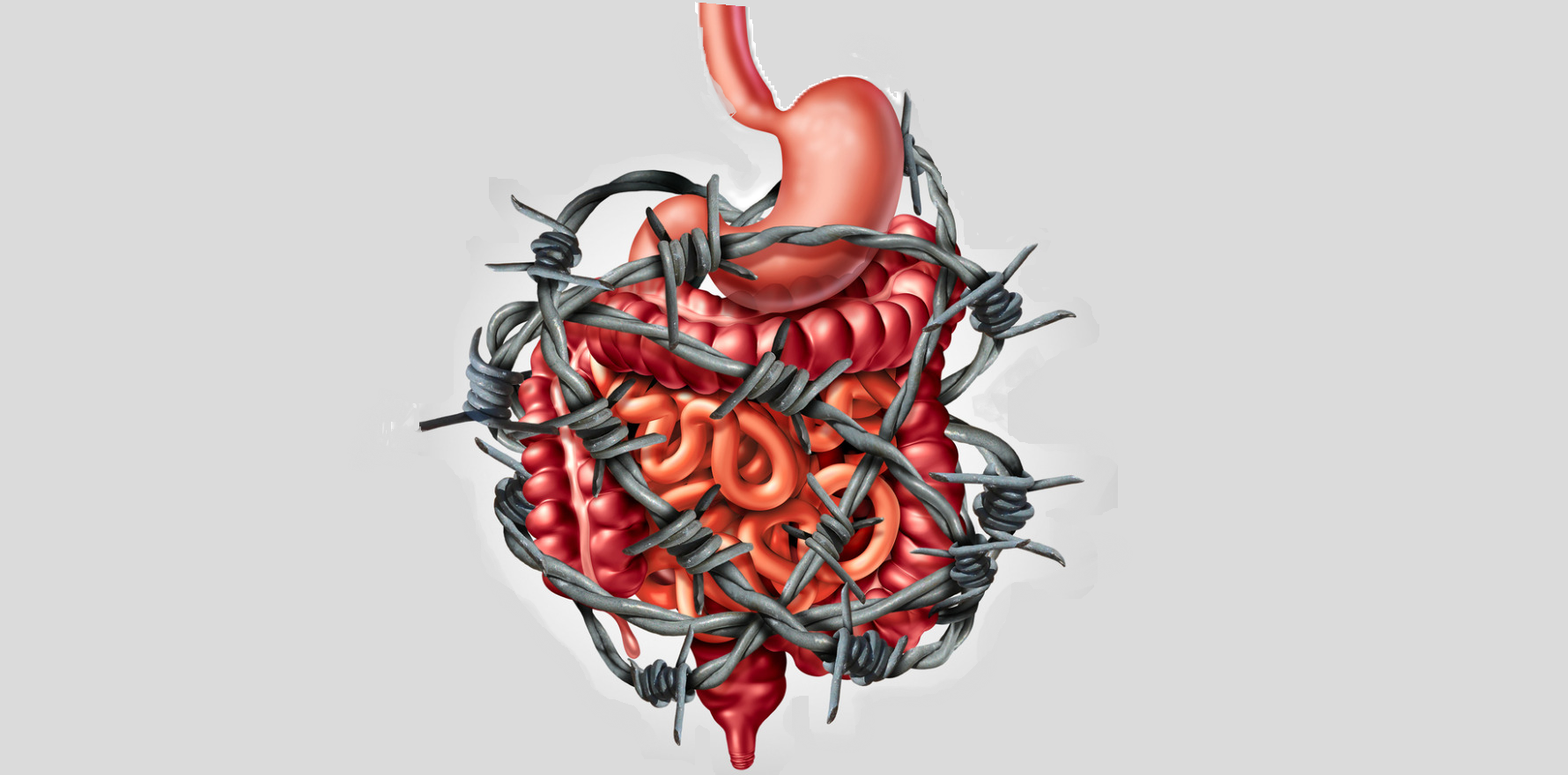Evidence shows these diets significantly reduce symptoms for more people, but medication help too.
Irritable bowel syndrome patients do have options with most seeing good results on a combination low FODMAP diet and traditional NICE guidelines advice.
And many also respond to a low carb fibre-optimised diet, suggesting these diets are a good option for first-line treatment, according to new research.
The randomised control trial published in The Lancet Gastroenterology and Hepatology found that after four weeks on the combination diet (LFTD), 76% of adult patients had a reduction of 50 points or more on the IBS Severity Scoring System, as did 71% of their compatriots on the low carb diet and 58% of those in the optimised medical treatment group.
“Absolute reduction in IBS symptom severity was about twice as large in the low FODMAP diet compared to the medical treatment,” co-author of the Swedish study, Dr Sanna Nybacka from the University of Gothenburg, told The Lancet podcast.
“But what I think is important to notice is that all three treatments did well in reducing IBS symptom severity compared to baseline. And they also improved health related quality of life and reduced symptoms of anxiety and depression.”
IBS affects around 4% of adults globally. Standard treatment is medication targeted at alleviating symptoms such as pain, constipation and diarrhoea, and advice to make dietary changes, though the evidence for what those changes should be is limited.
The research involved 294 patients with moderate to severe irritable bowel syndrome. The mean age was 38 years (ranging from 18 to 74 years), and most were women (82%). Patients had suffered from IBS for a median of 13 years.
Participants were randomised to one of three treatment groups for four weeks and followed up for six months.
The control arm was given the standard medical treatments for the symptoms they experienced with first, second- and third-line options depending on response. If they had diarrhoea, they were given loperamide, then cholestyramine, then ondansetron.
For constipation they were given bulking agents, then osmotic laxatives macrogol and linaclotide. And for frequent abdominal pain they were given low dose amitriptyline, a tricyclic antidepressant.
For episodic pain they were given hyoscyamine; for pain with diarrhoea amitriptyline, and for pain with constipation linaclotide.
“We tried to mimic what would happen if you come to a doctor who follows the treatment recommendations,” lead author Professor Magnus Simrén, also from the University of Gothenburg, told The Lancet.
One intervention group was put on a combination of the low FODMAP diet and the standard (NICE) IBS dietary guidelines.
Good evidence exists for the FODMAP (fermentable oligosaccharides, disaccharides, monosaccharides and polyols) diet, but the diet is “cumbersome and restrictive”, while the evidence for the latter is “quite limited”, said Professor Simrén.
These patients were provided with ingredients and recipes for three main meals and three snacks per day, comprising around 50% carbohydrates, 33% fats, and 17% protein, with about 3g of FODMAPs per day. They were advised to sit during meals, chew food thoroughly, avoid spicy foods, moderate coffee and stick to one alcoholic drink per occasion.
The second intervention group was on a low carb diet, receiving ingredients and recipes for four meals a day with only 10% of the macronutrients coming from carbohydrates, 67% from fats and 23% from protein, with about 19g of FODMAPs per day.
A lactose free version was also available. This diet is popular in patients in the general community, but evidence had been lacking, said Professor Simrén.
Both diets included a large amount of vegetables and dietary fibre, nuts, seeds, fish and some vegetarian meals.
At the end of four weeks, patients in the LFTD group were given structured support for reintroducing fodmaps into their diet.
“We know it can be very challenging to adapt to these kinds of restrictive diets. So most participants were very grateful for the structured help that they were given,” Dr Nybacka told The Lancet.
“We noted that the participants did partly return to their baseline eating habits while their symptoms largely remained reduced. I think this was encouraging because the goal with these kinds of restrictive diets is not to remain restrictive for all eternity, but for the patients to know how they can handle or manage their symptoms during a flare, and to remain eating as versatile and unrestricted as possible during remission.”
Only five people in each of the dietary groups and 10 people in the medication group dropped out due to side-effects. Importantly, benefits were still present at six-month follow-up.
Although not tested in this trial, in a real-world clinical setting the treatments could be combined, Professor Simrén suggested.
“This trial tells patients that there are different tools to treat symptoms. … And that’s reassuring for the patients. It’s not just one thing that helps and if that doesn’t help, there is nothing else,” he said.
The Lancet Gastroenterology & Hepatology 2024, online 18 April





